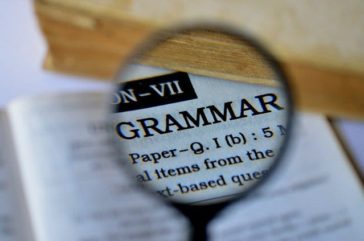Real Housewives and Other Characters
I’ve been reading a novel (nameless here forevermore) that I’m pretty sure is meant to be an allegory. The characters are flat, they commit highly improbable actions, and the only backstory we get on them is in the form of interminable stories-within-stories that don’t illuminate anything about their personality. Reviews have called this author a genius, so I guess I’m wrong. But I don’t enjoy it at all. I have to make myself keep reading because the book was a … Read More »






